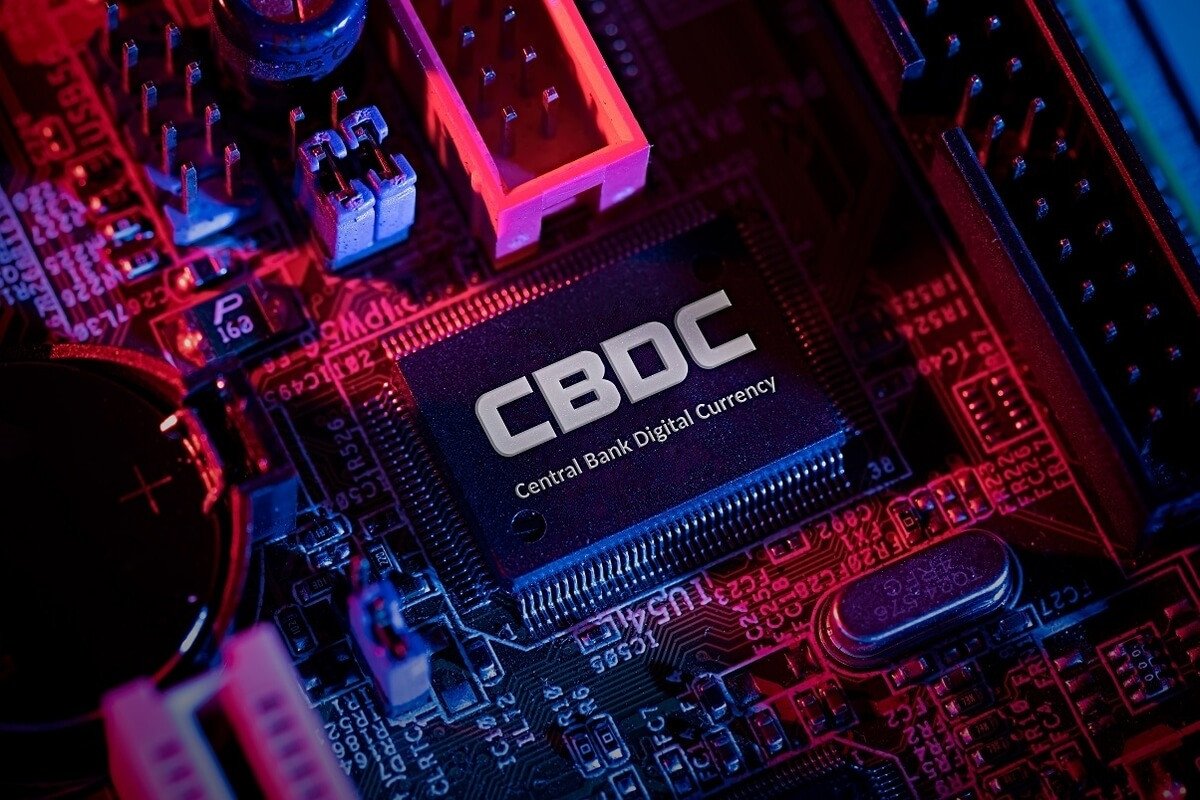CBDC Collaboration Between Hong Kong and Israel Prioritizes Data Privacy and Security

A collaboration between the Bank for International Settlements (BIS) and the central banks of Hong Kong and Israel has demonstrated that central bank digital currencies (CBDCs) can settle on centralized ledgers without compromising privacy.
Dubbed Project Sela, the joint experiment has proven that a retail CBDC that combines accessibility, competition and security, while retaining the advantages of physical cash, is feasible, the BIS wrote in a statement.
The experiment specifically looked at ways to reduce risks associated with liquidity and settlement, while keeping operating costs at a minimum.
One key way the costs were kept low was a solution called “Access Enabler,” which the BIS said allows merchant to participate in the network and facilitate settlement without having to actually hold users’ CBDC.
Project Sela proposes a new financial infrastructure, the Access Enabler, which facilitates customer-facing activities without ever holding users’ rCBDC. It removes complexity, costs + risks compared w current payment providers #BISInnovationHub @hkmagovhk https://t.co/znVp81gQol pic.twitter.com/hItQamQc0K
— Bank for International Settlements (@BIS_org) September 12, 2023
Other important considerations centered around lowering barriers for service providers to accept and use the CBDC, and to distribute certain activities related to CBDC accounts between both public and private sector entities.
Preserve the ‘desirable attributes of cash’
According to the BIS, a retail CBDC should preserve what it calls the “desirable attributes of cash,” meaning it is widely accessible, provides instant settlement, can be used at low cost, and has “an appropriate level of privacy.”
In terms of privacy, the BIS claimed that the CBDC used in Project Sela maintains this by obfuscating personal identifiers.
Commenting on the project, Howard Lee, Deputy Chief Executive of the Hong Kong Monetary Authority (HKMA), said it has given valuable insights into how a retail CBDC can be implemented, both in Hong Kong and elsewhere.
“While the HKMA has not yet made a decision on whether and when to introduce a retail CBDC in Hong Kong, Project Sela’s outcomes will inform our on-going exploration of a possible e-[Hong Kong dollar],” Lee said.
“We hope Project Sela will also benefit other central banks in their own evaluations of different retail CBDC architectures,” he added.









